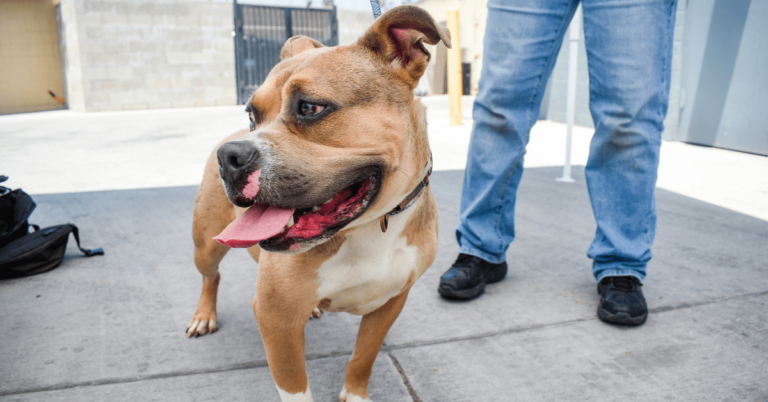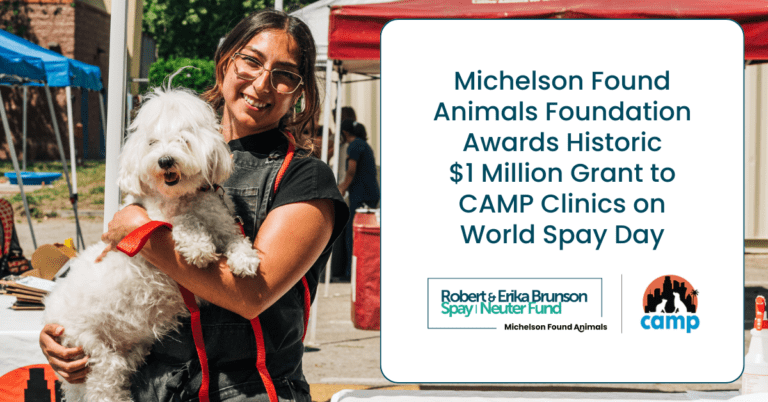Can Pets Get COVID-19?

Updated June 4, 2020
Like many facets of this novel coronavirus, knowing if pets can become ill with COVID-19 is complicated and being actively investigated. There have been a handful of cases of animals testing positive for COVID-19. Most recently, a German Shepard in New York tested positive for the novel coronavirus. This is the first confirmed case of SARS-CoV-2 (the virus that causes COVID-19) infection in a pet dog in New York state, and in the United States overall. Prior to that, two pet cats in New York tested positive. While they all showed mild respiratory symptoms, we are happy to report that each animal has since recovered and are in good health. A pug in North Carolina was believed to be the first dog to test positive for the novel coronavirus, but test results later showed that the pug was never actually infected.
Let’s first talk about these specific cases. It is widely believed among experts that all of these animals likely picked up the virus from their owners, most of whom had tested positive for the novel coronavirus (SARS-COV-2) and were symptomatic around the animals. According to the USDA, “One of the dog’s owners tested positive for COVID-19, and another showed symptoms consistent with the virus, prior to the dog showing signs.”
So, what does this all mean? Jane Sykes, Chief Veterinary Medical Officer at the University of California, Davis (and widely trusted leader in animal health), commented that cats and dogs may be “dead-end” hosts for the virus which is important. That means that while they might become infected, they likely don’t shed enough of the virus to transmit it to humans or other animals. “You’re more likely to get infected from another person,” says Sykes.
Still, experts say you shouldn’t worry about contracting the virus from animals. The Centers for Disease Control and Prevention and the American Veterinary Medical Association (two undeniable guiding forces of knowledge and preparedness during COVID-19) have both issued advisories saying there is no evidence that companion animals can spread the virus.
But, to be safe, the CDC is recommending if a family member is sick, to isolate that person from everyone else, including pets. Limit interactions between their pets and people or animals outside the household. Keeping cats indoors when possible and walking dogs on a leash, making sure to stay at least 6 feet away from other people and animals. It also suggests avoiding dog parks or other public areas where people and dogs typically interact. For additional guidance on how to keep you and your fur family safe, please visit the latest CDC guidelines.
So let’s all be safe, keep social distancing, and remember to enjoy our time with our beloved pets.


